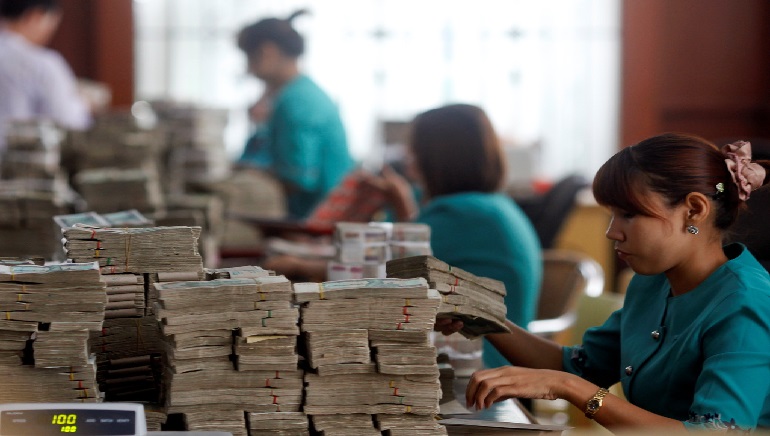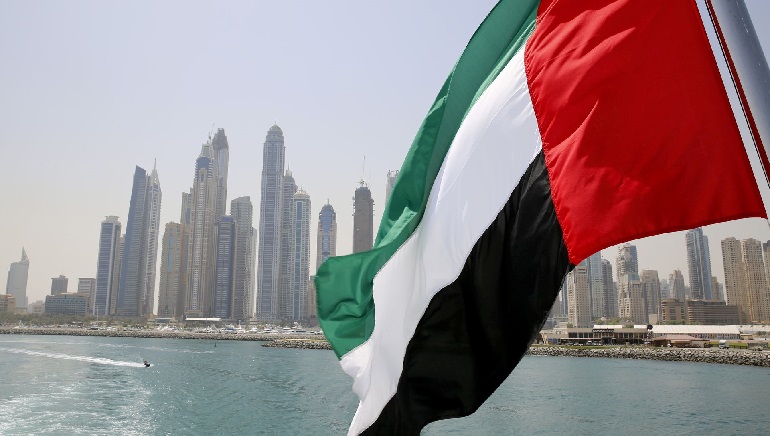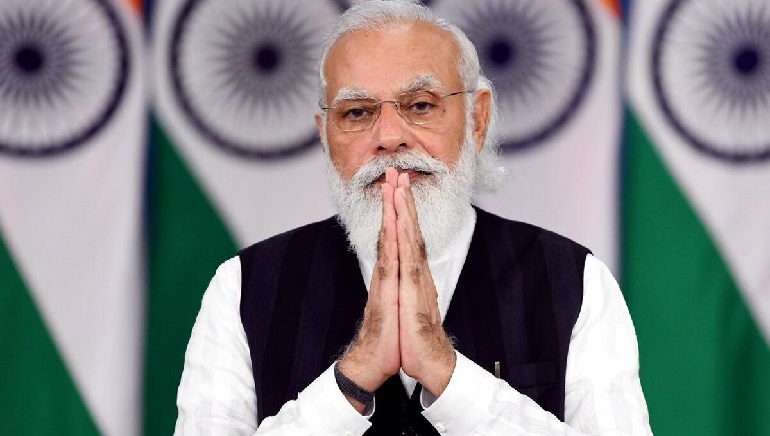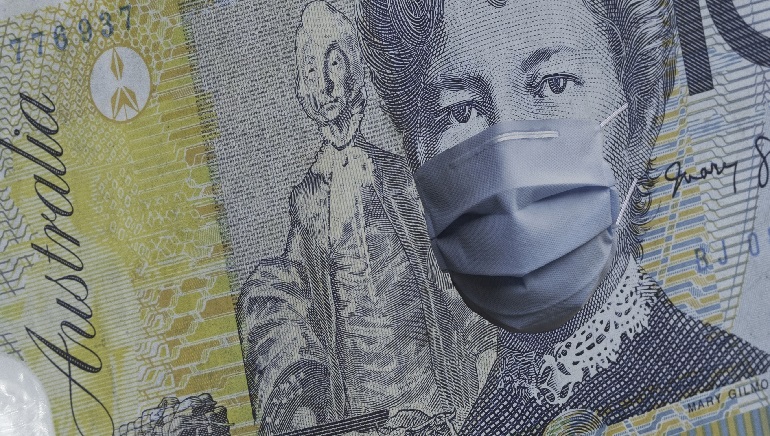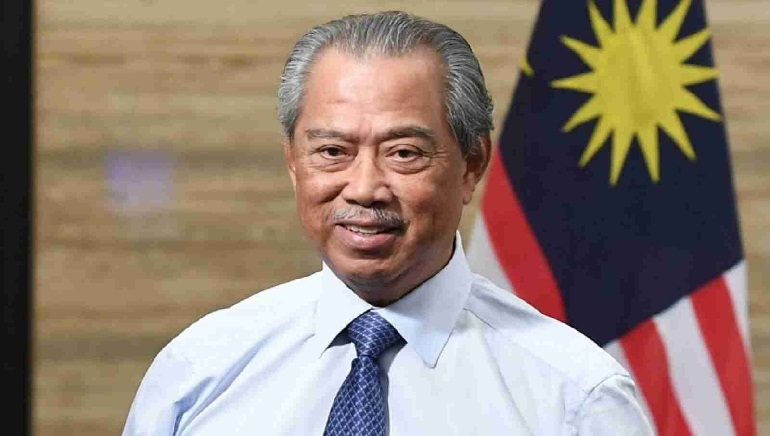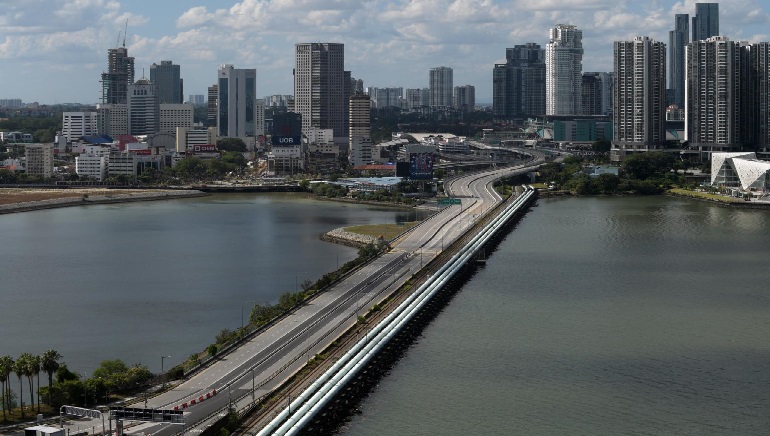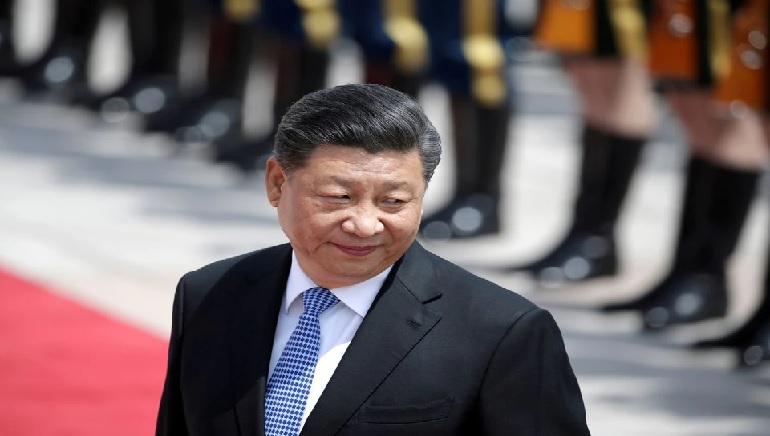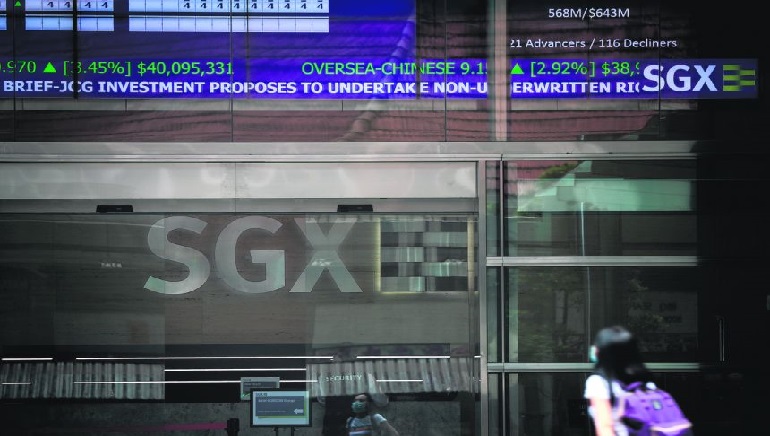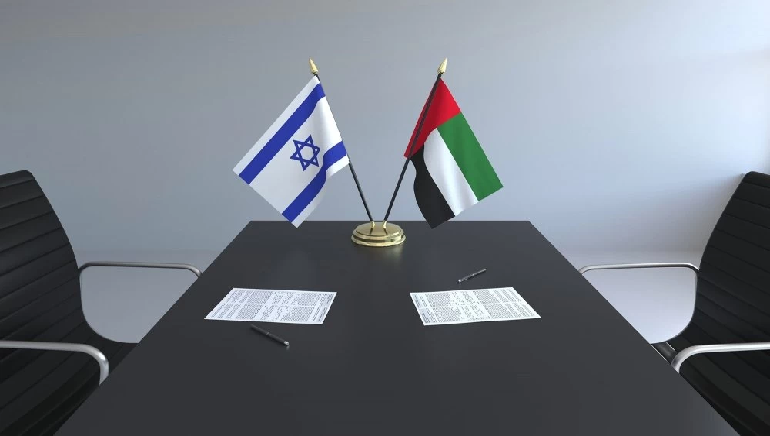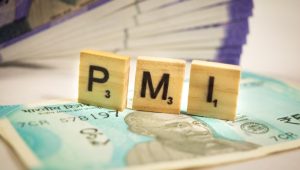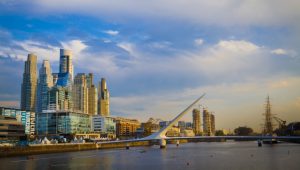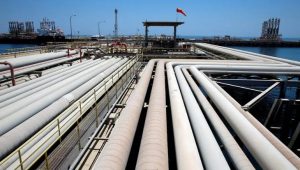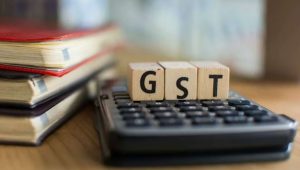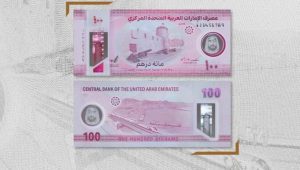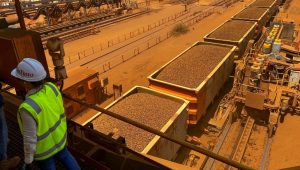Myanmar is combatting a low-hanging local currency amid an unprecedented dollar shortage that drove up the cost of imports. It has aggravated the economy’s struggle with dual challenges of the pandemic and post-coup financial isolation.
Myanmar’s national currency kyat has tumbled nearly 60% since the military seized power this February. It triggered a freeze on the key sources of foreign currency supplies of Myanmar’s foreign reserves held in the US, and suspension of multilateral aids. The safety of money in banks is fueling worries as the restriction on cash withdrawals is seen in the country.
The money chargers have pulled down their shutters after the shortage of dollars was seen. As pressure mounted on the exchange rate, the Central Bank of Myanmar abandoned its attempts to fix the kyat at 0.8% on either side of its benchmark rate against the dollar.
According to the World Bank, it predicts Myanmar’s economy to witness a slump of a further 18% this year majorly due to the pandemic. This could lead to the biggest contraction in employment in the nation and the number of poor in the country would rise.
A senior executive at a Myanmar bank said, ”the worse the political situation is, the worse the currency rate will be.”





